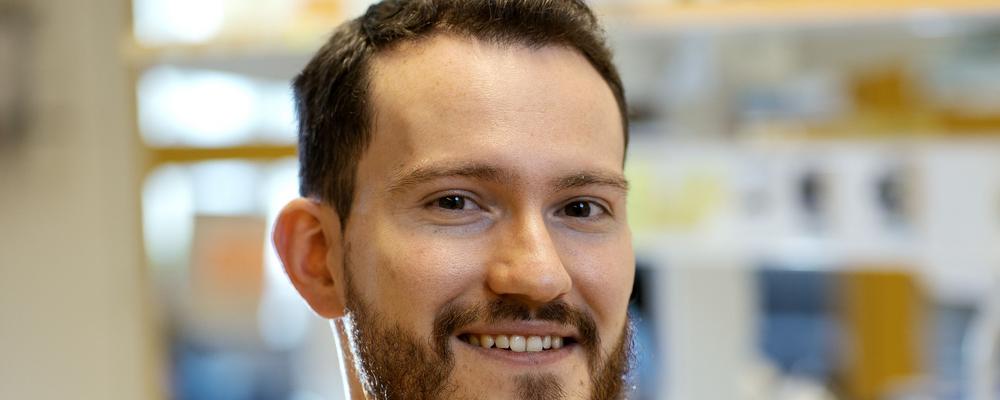Daniel Bojar is assistant professor at the department of chemistry and molecular biology, and fellow at the Wallenberg center for molecular and translational medicine.
Understanding cancer-specific glycans
“By integrating the mass-spectrometer with the advanced AI and deep machine learning that my group has developed, we will create a closed-loop workflow of glycomics analysis with unparalleled sensitivity and analysis speed,” Daniel Bojar explained, adding that it would be the first high-throughput and high-resolution glycomics platform found in Sweden.
Detecting and characterizing cancer-specific glycans on a large scale is crucial. Glycan structures will be identified and quantified, while information on their spatial arrangement, isomeric distribution, and potential modifications will simultaneously be available for the researchers.
An open access policy will make the instrument and the method available to research groups from the University of Gothenburg, Sahlgrenska University Hospital, Chalmers University of Technology, and beyond.
Saliva samples for analysis
Saliva samples from human patients with lung cancer, will be analyzed together with samples of mouse tumors. By comparing non-tumor tissue, tumor tissues, and healthy control samples, the aim is to identify glycan structures that are differentially expressed in lung cancer. The sophisticated tools will be directed to detect subtle yet significant differences in glycan expression.
“Analyzing saliva is a non-invasive method that will allow us to identify novel cancer biomarkers very efficiently. We hope to contribute to the development of more effective and personalized cancer treatments.”
Creating a collaborative environment
A collaborative environment is crucial, and the Bojar group work closely with both neighboring groups as well as across universities with Chalmers.
“We are very grateful for this grant from the Lundberg foundation, and it will allow us to deepen our collaborations, for example with several of the other Wallenberg center fellows such as Volkan Sayin, and Aishe Sarshad, as well as with Clemens Wittenbecher who is a DDLS fellow at Chalmers, just to mention a few."
The Proteomics Core Facility, who already houses several mass spectrometers will also be an important part of support, training, and development of the instrument.


